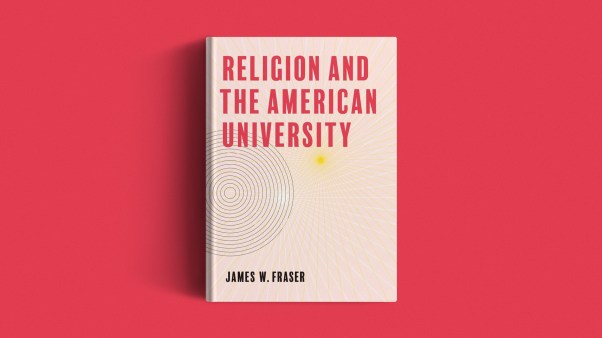“Although scarcely known by Westerners, the Ethiopian church offers one of the most heroic success stories in Christianity,” writes Philip Jenkins in The Next Christendom (Oxford, 2002). Jenkins was thinking, perhaps, of the Ethiopian Orthodox Christians’ tenacious survival in the face of Islamic conquest during the Middle Ages. But Ethiopians endured persecution from Europeans too. In 1936, Mussolini’s army captured the capital, Addis Ababa, and the following year expelled all Protestant missionaries from the country, including those from the Sudan Interior Mission (SIM). SIM missionaries feared for the fledgling ministry they had started in southern Ethiopia. They had hoped to create an indigenous church that propagated and supported itself. But the work was less than ten years old andstill small and seemingly reliant on the missionaries.
With only 150 members, the church faced an uncertain future and suffered harsh persecution by the Italians, who saw it as potentially subversive. Despite these circumstances, however, the church thrived and developed its own local character under the occupation. Popular songs reveal the intense emotion of this period. One Christian imprisoned by the Italians sang, “Why should we not suffer a little while here and now … We will reign with him through all eternity.” Another songwriter proclaimed, “The medicine is Jesus.” In Walamo, one of the two cultural/geographic areas SIM had focused on before being expelled, a woman whose husband and three sons had been killed composed a hymn expressing the hope forged under persecution:
Understand, men! Understand, men!
Our house is that which is in heaven.
Our father is that which is in heaven.
Our children are those who are in heaven.
Throughout the occupation SIM received no word from Southern Ethiopia. Then in 1941, a former SIM missionary, Laurie Davidson, arrived along with the liberating British army and relayed the unthinkable news: The struggling remnant of 150 had grown into a church of around 10,000 believers.
Four years later, he reported on the Walamo congregation in particular, which had continued to expand: “The membership today stands at somewhere around 15,000 baptized believers, and its remarkable history comes a grand second to that recorded in the book of the Acts of the Apostles.” Describing the unique organization and worship style of the Walamo Christians, Davidson commented, “Let it be emphasized that this organization is wholly indigenous, and was built up when there was no missionary in their country to exercise what he loves to think of as his indispensable guidance to the work of God.”
Although missionaries eventually returned, the church retained much of its indigenous character and independence and grew into the Kale Heywet (“Word of Life”) Church. It now numbers over 4 million believers-the largest evangelical church in Ethiopia today. As with the Chinese church under Communism and other indigenous Christian communities around the world, a church left alone in the heat of persecution did not die but exploded in growth and came into its own.
One can hardly find a better expression of this blossoming Christian identity than a song that became popular in Walamo after the Italian occupation had ended:
The country blessed of God,
Walamo the flower like Galilee.
There is Jesus’ teaching place.
O, children, come to the teaching place.
Men, come to the teaching place.
Everyone, come to the teaching place.
Jeremy Wells is a graduate student in church history at Wheaton College.
Copyright © 2005 by the author or Christianity Today/Christian History & Biography magazine.Click here for reprint information on Christian History & Biography.










